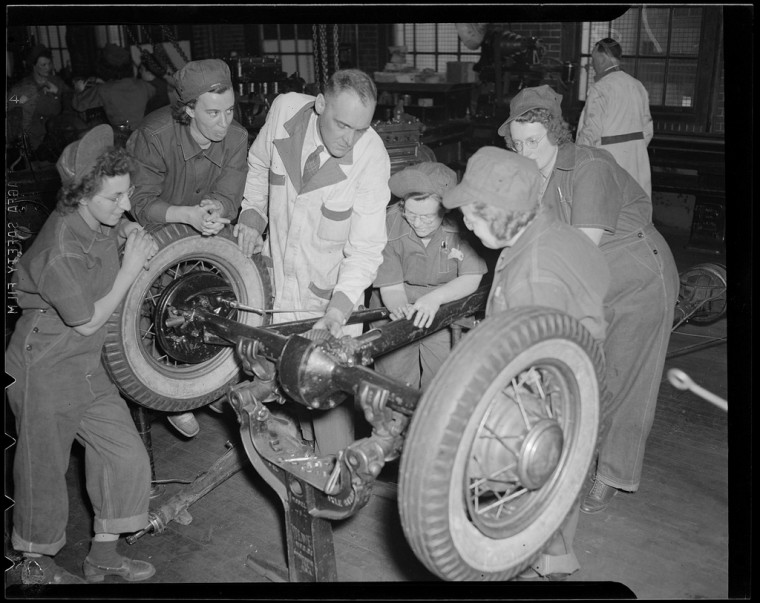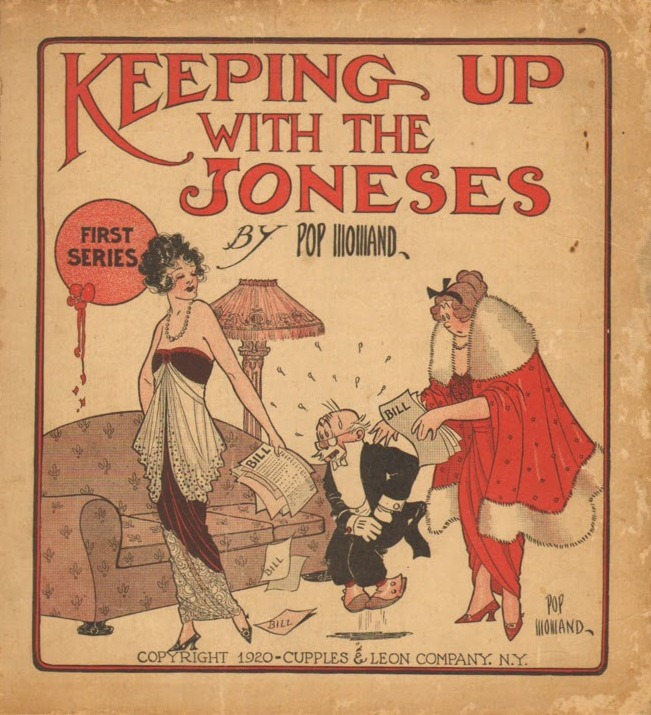This is a guest post from Dave and Sheryl Balthrop of
Simple Life Reboot. Their goal is help others create margin and improve relationships.
Have you ever pondered the sheer number of choices, options and features of goods and services available to you?

While an abundance of options may result in economic benefit, higher quality, and a better fit for personal taste and circumstance, there may also be some undesirable outcomes. Such may occur when the number of available options exceed the number of options we can successfully or confidently manage.
The Danger of Too Many Options
In 2006, Barry Schwartz addressed the consequences of option overload in his TED talk entitled “Paradox of Choice”. Mr. Schwartz noted that while we tend to celebrate the increase in options, we often fail to recognize the potential negative outcomes caused by option overload. These outcomes can be summarized as follows:
1. Overwhelm / Analysis Paralysis. This can occur when the options are so numerous or so difficult to compare that we simply decline to make a selection. This can occur even when our failure to choose will have measurable negative consequences. For example, Mr. Schwartz references the correlation between decreased participation in 401K programs as investment options increase.
2. Dissatisfaction / Doubt. With the numerous options available, we have come to expect that carefully making our selection will result in the perfect fit for our needs and taste. In fact, our expectations may be so high that we may actually feel dissatisfied with an excellent selection because we come to question whether a different choice would have resulted in a better outcome.
3. Self-Blame. In the past, we might have viewed unsatisfactory options and undesirable choices as an unavoidable situation. In contrast, given the options available today, we tend to blame ourselves if we make what we might perceive in hindsight to have been the wrong choice. In addition, this potential regret can be compounded in complex, high-pressure situations in which informed consent and risk management considerations require professionals to shift full responsibility for difficult decision making to the patient or client.
4. Increased Appetite. Increased options may also increase our desire for something. Chefs recognize that increased variety in entrees and sides tends to increase the diner’s appetite. Conversely, a regular static meal (i.e. chicken every Tuesday night) assists with regulating appetite. Increased options also increase demand in other situations. For example, consider the increase in sales when car dealerships and retail stores are clustered together.
5. Misallocation of Resources. Increased options may also increase opportunities for misallocation of resources. For example, consider how pondering relatively inconsequential choices may serve as an opportunity to distract ourselves from making important decisions and/or fulfilling responsibilities.
Better Outcomes with Selective Reduction of Options
In addition to reducing the negative outcomes described above, reducing options may result in significant positive effects. While reducing choice to improve satisfaction may seem counter intuitive, examples are commonplace. Ask yourself the following questions: Why do athletes enjoy attending training camps? Why do some joggers lay out their clothes for the next morning’s run? Why did Albert Einstein and Steve Jobs, among others, standardize their wardrobes?
Reducing options not only improves focus, it also reduces resistance. We all find it easier and more enjoyable to stay on track when distraction and temptation are reduced.
Final Thoughts
In conclusion, though we are each wondrously unique with respect to our priorities and ability to make decisions, we can all benefit by limiting the resources we spend on making inconsequential choices. In so doing, we can better preserve our time, effort and bandwidth for making the decisions that count.
Link
Barry Schwartz’s TED talk: “Paradox of Choice”






